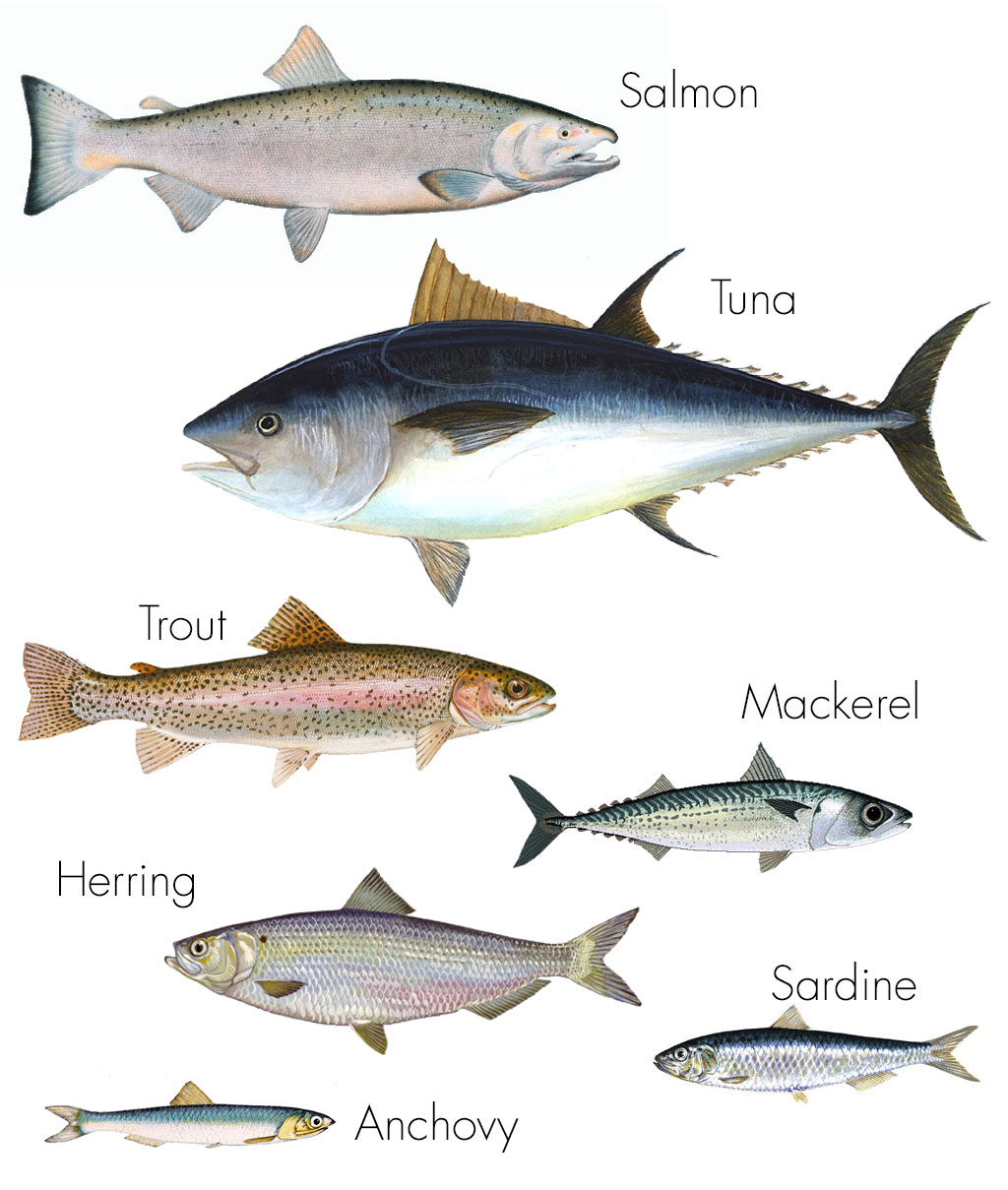Oily Fish Maintains Heart Health, Reduces Risk of Complications

U.S. doctors have confirmed that eating at least two servings of oily fish per week is enough to reduce the risk of heart attacks and strokes. Oily fish can be tuna, mackerel, and salmon.
However, it is important to note that this isn’t a ticket to fish and chips as the new scientific advisory board reaffirms the American Heart Association's recommendations against fried fish and stressing the importance of eating two 3.5-ounce servings a week of fish, particularly those types of fish enriched in omega-3 fatty acids.

"We don't expect diets of all Americans to change overnight, but we do hope that individuals will consider upping their fish intake a little and, even more importantly, that the next generation - those of grade school, high school or college age - make fish a normal part of their diet," says lead author Eric Rimm.
Previous research studies have linked omega-3 fatty acids to a lowered risk of abnormal heartbeats, the presence of fewer fats in the blood, decreased the risk of artery-clogging deposits known as plaque and slightly reduced blood pressure.
Doctors also tackled one factor that has placed people in fear from ingesting fish and that is mercury contamination. This has also allowed pregnant women to avoid eating varieties of fish in fear that exposure to mercury may lead to neurological abnormalities in the development of the baby. Regardless, the authors of the study noted that mercury contamination does not influence the increase the risk of heart disease in adults and that the benefits of eating fish are far more important and outweigh the risks associated with mercury, especially with individuals ingesting variety of seafood.
Lastly, it is important to know that fish is only a portion of the healthy diet. For optimal heart health, individuals should not rely on fish but to regularly exercise and comply with the Dietary Approaches to Stop Hypertension (DASH), as recommended by the study authors.








